
“As for the genre of opera, I think it can be fascinating to anyone. It’s really a combination of theatre, dance, orchestral music and singing. It can be a real spectacle, or it can be intimate,” reflected Dr. Scott Miller, Whitworth’s director of vocal studies.
From January 21-22, Whitworth’s own Whitopera presented “Speed Dating Tonight,” an opera written by Michael Ching. The one-hour interactive opera is a mixture of musical theatre, cabaret music, American songbook, opera and folk. It’s a collection of American music put together by Michael Ching and Dean Anthony at the JaniecOpera Company in Brevard in 2013.
“It was unlike anything I’ve directed or performed in before. All of the material was pre-existing, but we were able to choose from about 80 different solo vocal numbers and then piece them together into a never before performed sequence to create our version of ‘Speed Dating Tonight,’” Miller explained. “So, it was exciting and challenging. Unlike directing something you’ve seen or heard before, this was our creation, and it took time, and lots of detail work, to get it to flow as one long scene.”
The one-hour piece offers an introduction to the genre by offering a shorter work and featuring modern themes and sound. The opera gives its audience a chance to essentially speed-date its cast, constructed of attention-grabbing shifts where someone new is met every five minutes.
“’Speed Dating Tonight’ is an opera in the sense that everything is sung, but the story is contemporary and the musical style is eclectic. I would call it ‘music theatre.’ It has all of the elements of opera, but the drama is happening in our current time period so the look, the characters, the setting and the musical styles are keeping with this, with the exception of a few clever quotes from Mozart and Bizet thrown in,” Miller said.
This show serves as a testament to the concept that while opera has undeniably lost traction since its 18th-century stardom, it remains an enigmatic clash of music and theatre that endures as the only of its kind, being relevant and comical, while simultaneously heartfelt.
“If something isn’t easily accessible or affordable, it’s hard to be popular. Two Jan terms ago, we took a children’s opera, ‘St. George and the Dragon,’ which we performed with a combination of puppets and human characters, to the local elementary schools,” recounted Miller. “After every performance, we had a question-and-answer session between the students and the cast, and there was never a comment about the musical style or everything ‘being sung.’ That’s how opera should be. The elements should combine to tell a story in a unique way that captures your imagination.”
Miller added “We need to continue to find ways to make it affordable and accessible. It shouldn’t be a luxury item for a select few. Music, drama, theatre and dance have spoken to the masses for centuries.”
Engaging with the arts is deemed daunting by many, but Miller invites audiences by approaching them differently, transitioning from this idea of understanding being a necessity and instead placing focus back on simply imbibing creative work.
“I used to be intimidated looking at fine art in museums because I didn’t feel like I fully understood it, or just plain ‘didn’t get it.’ But I was missing the point. There is no right answer,” he said. “Relevance is relative to the individual – any art form can be relevant in a multitude of ways. The beauty of art is that it can speak to everyone, but in different ways, or even not at all. You’re not going to like everything, but chances are, if you give it a few chances, you’re going to find something intriguing, or moving, or beautiful or meaningful.”
The tragedy of artistry being lost to generations, societies and even civilizations is one not unfamiliar to humankind, and one that can be prevented through efforts to render access not only more available, but approachable.
“I think all arts organizations continue to struggle to bring their message and their craft to all people, and not to just those who can afford it,” Miller said. “We need to figure that out for the sake of our heritage and our culture. The arts are for everyone.”


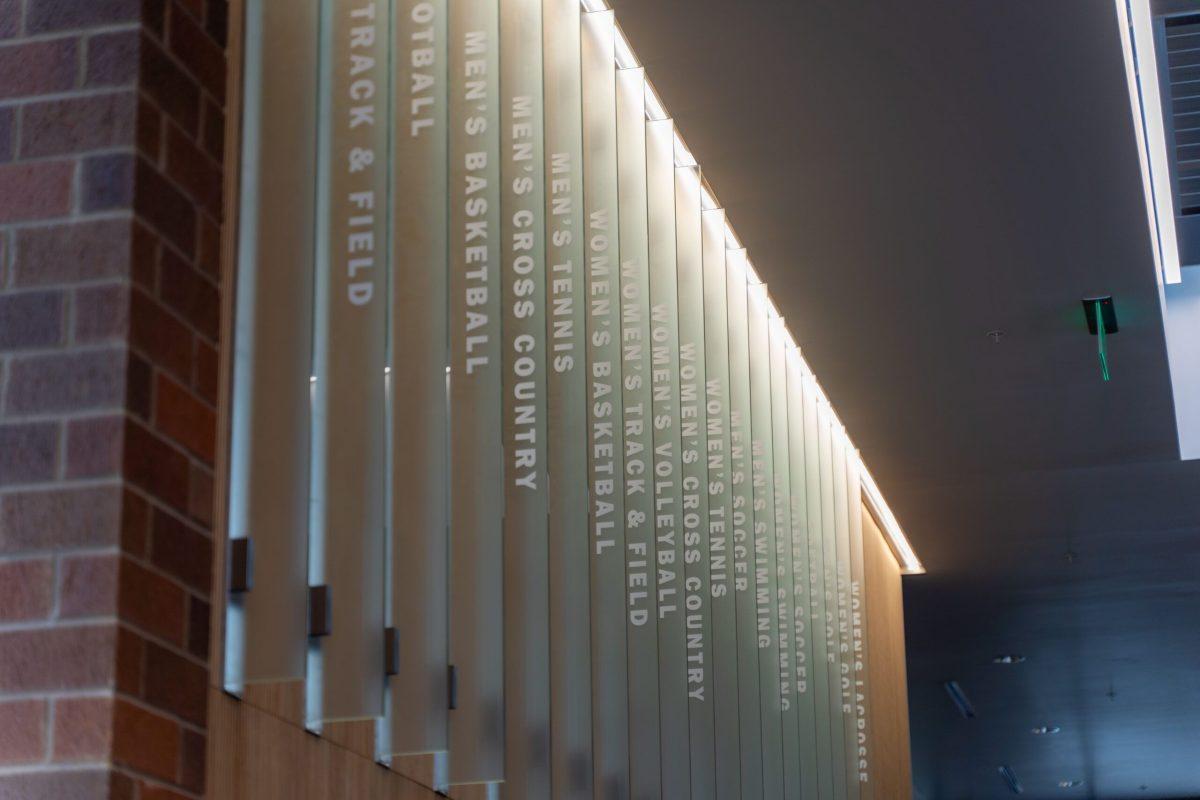
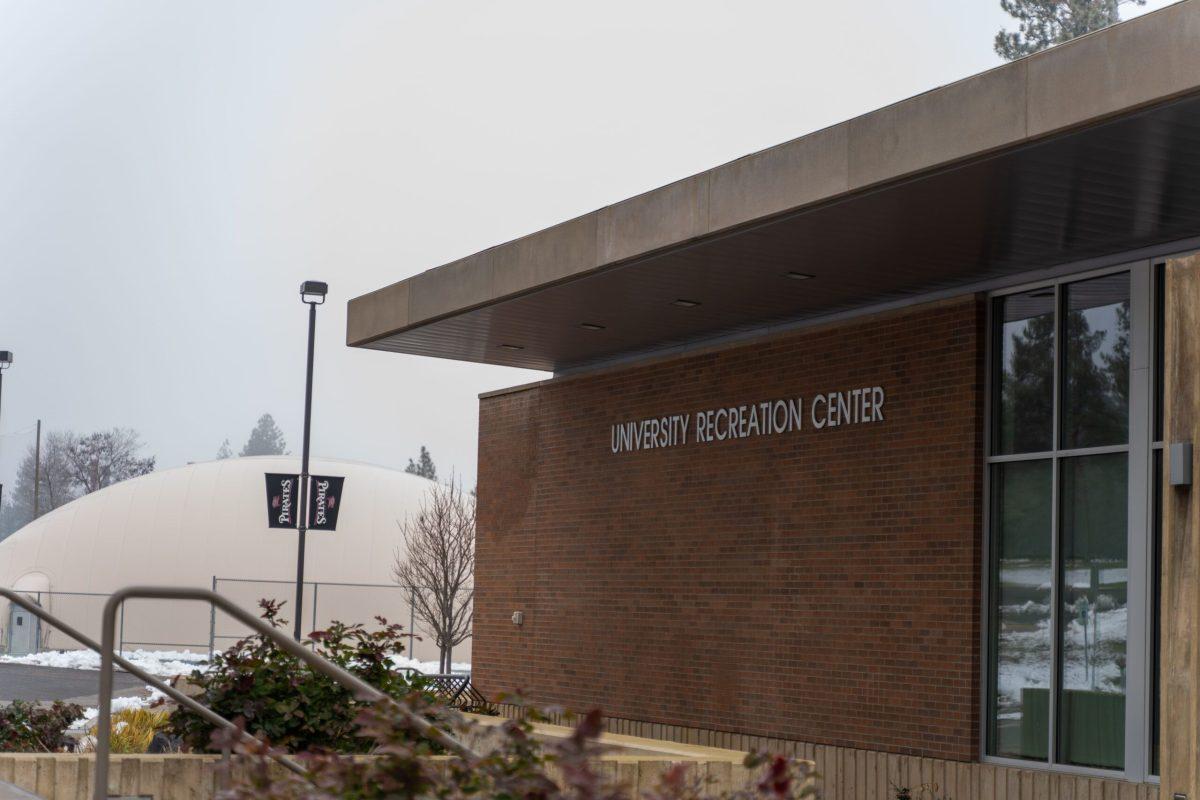
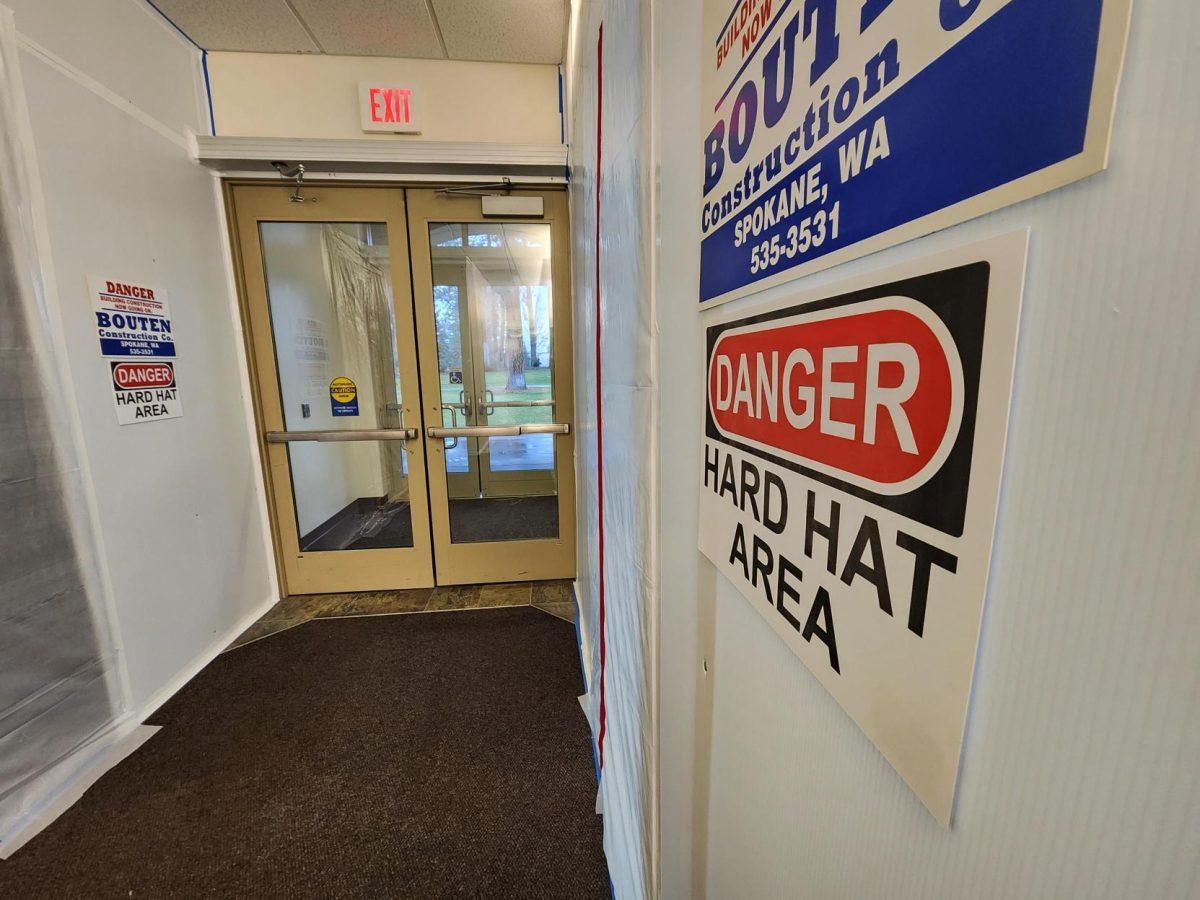
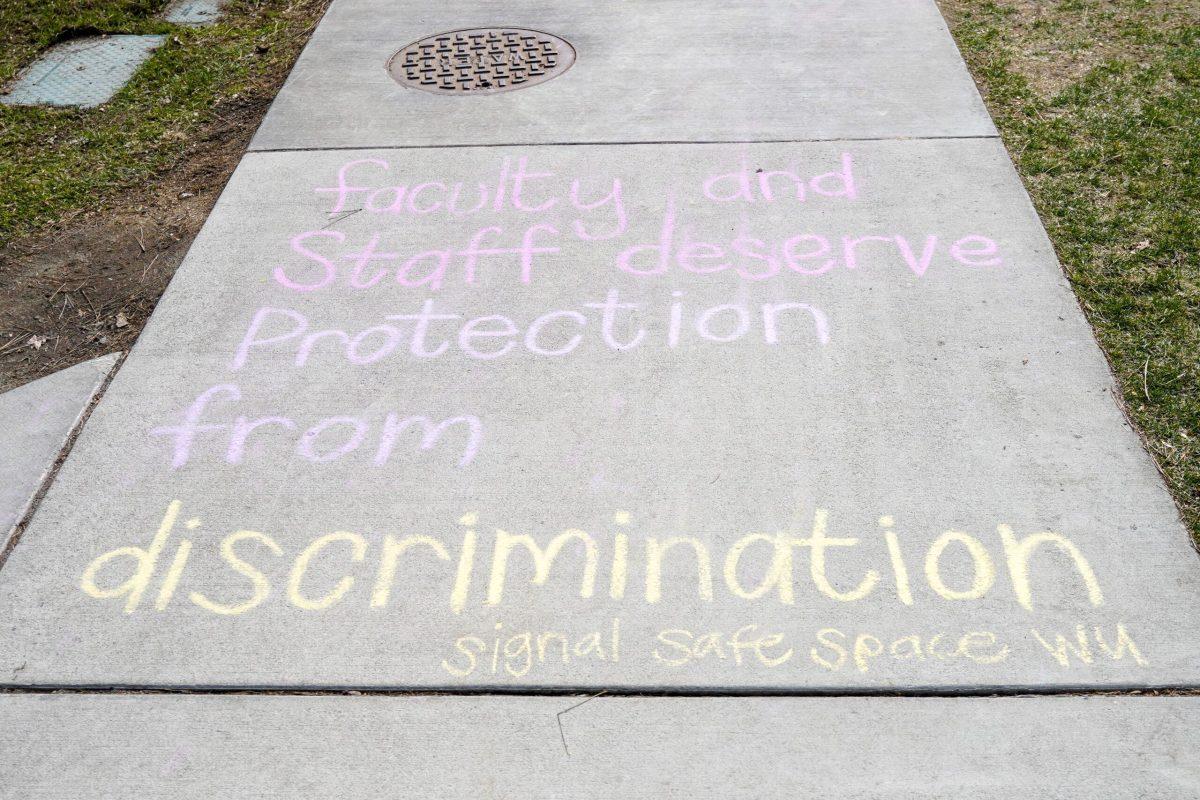
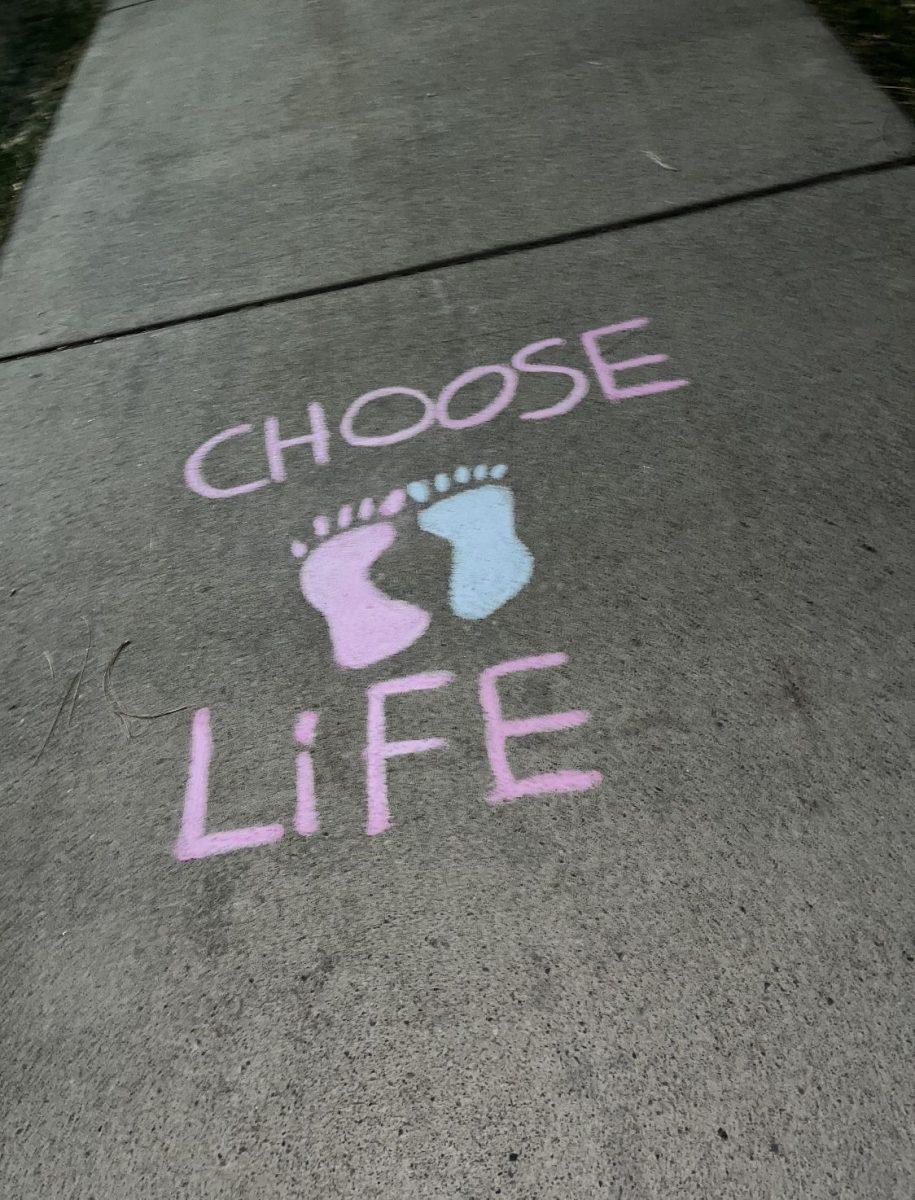






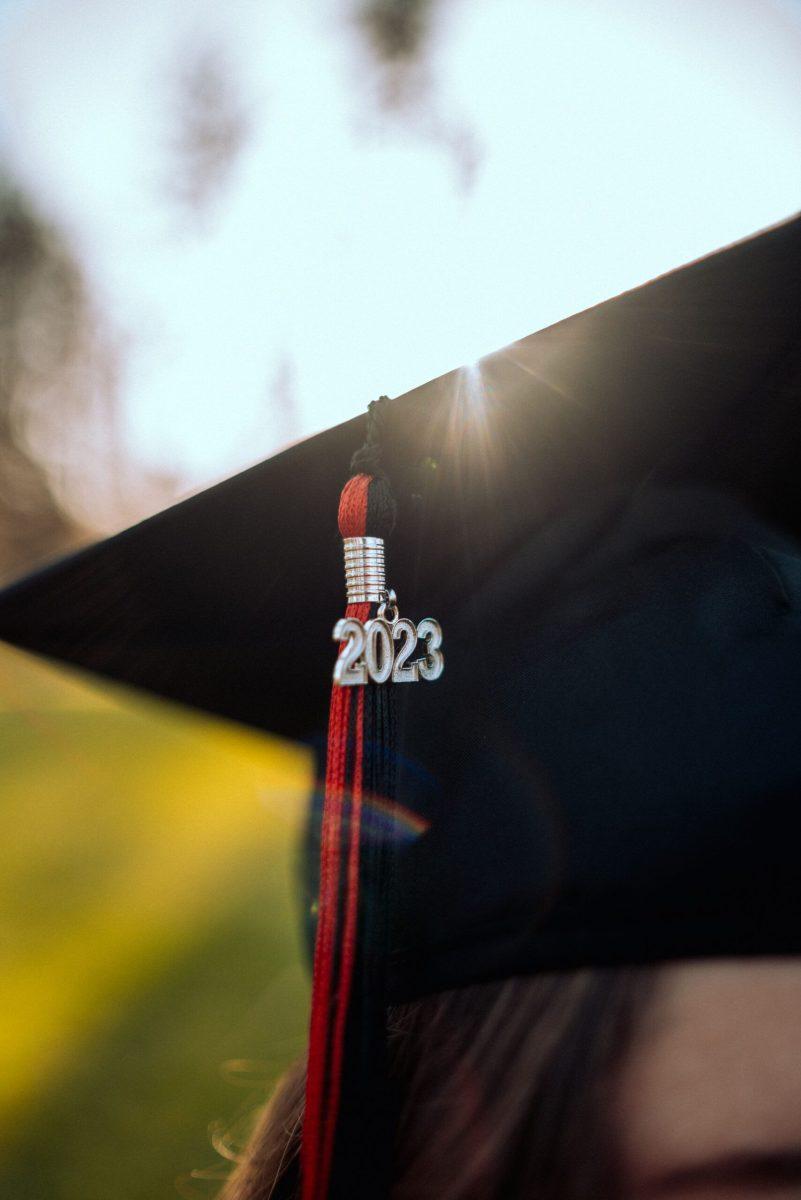
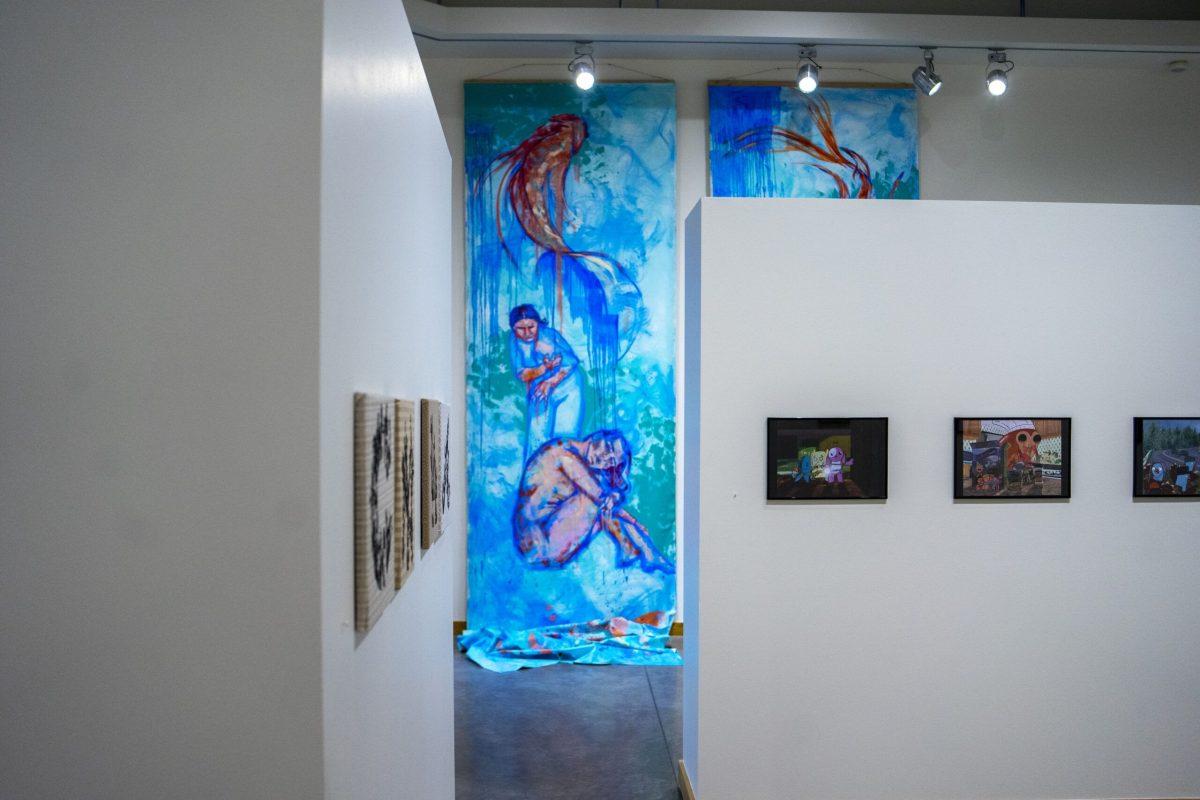
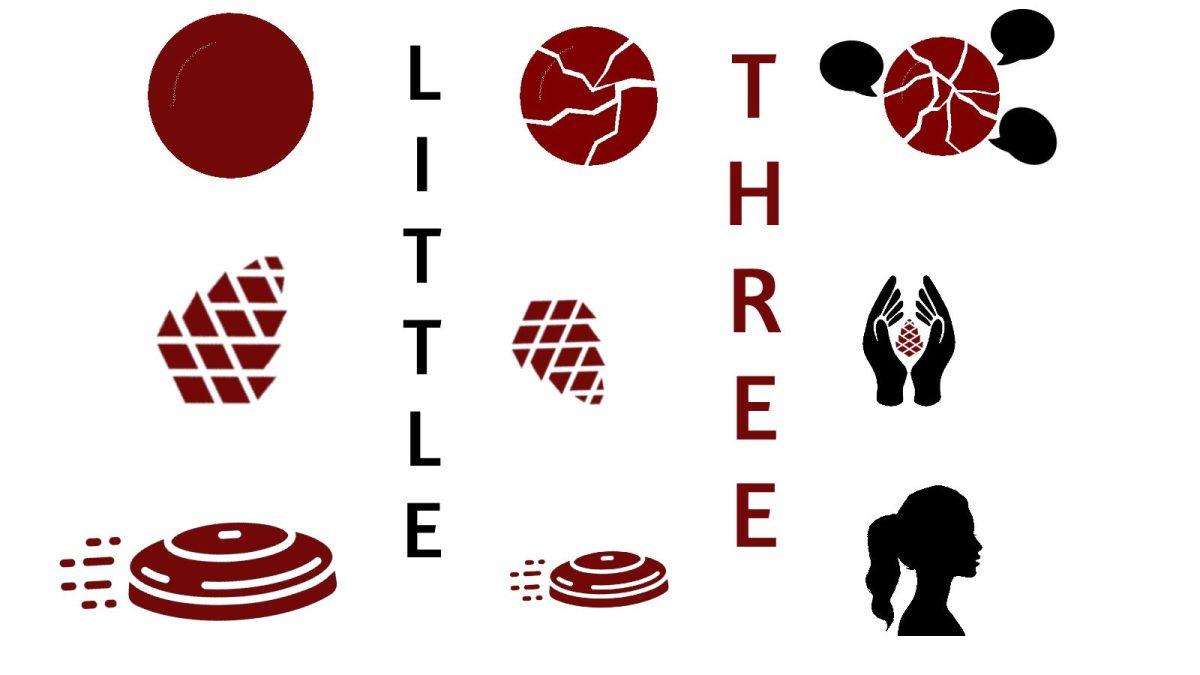
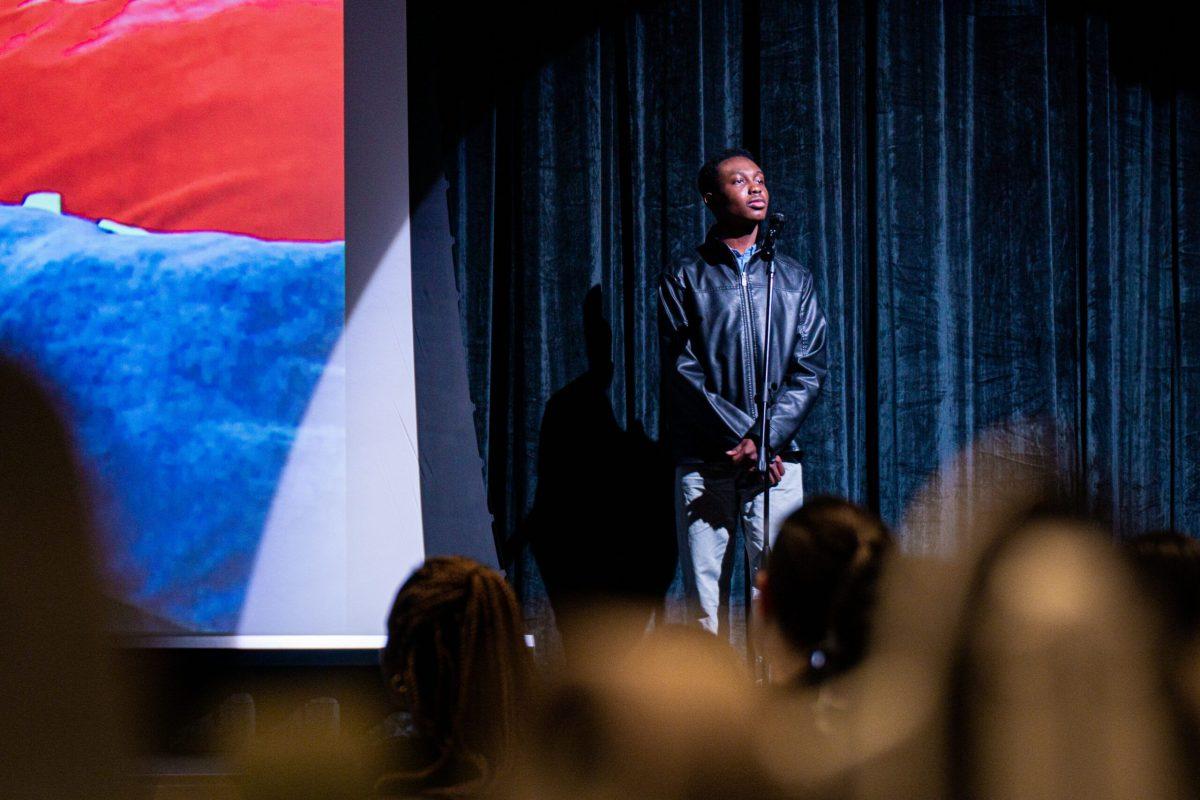
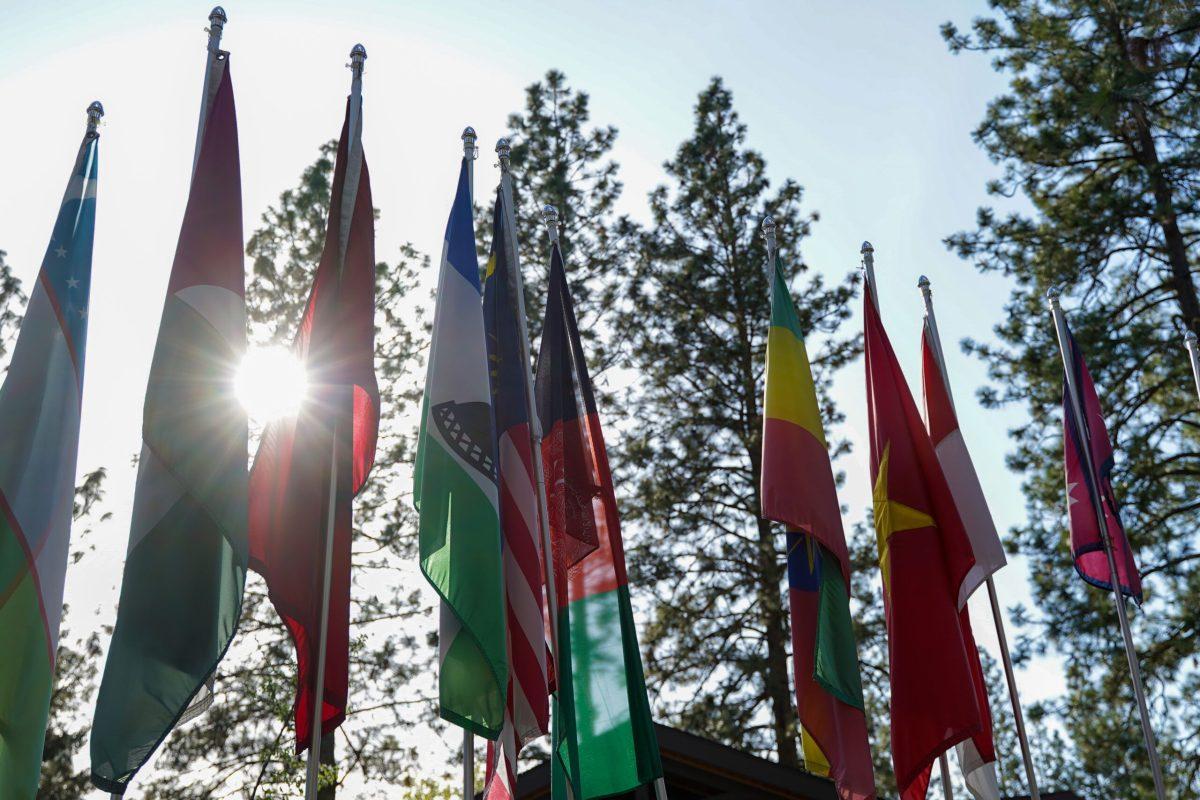
 Spokane?
Spokane?